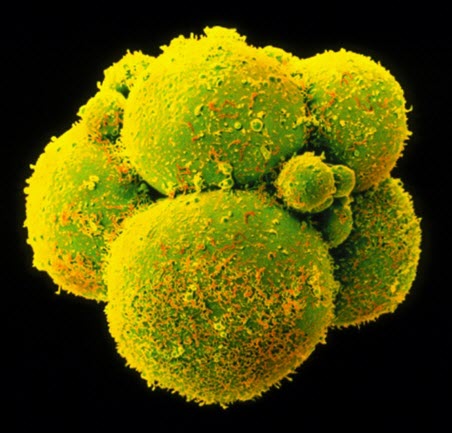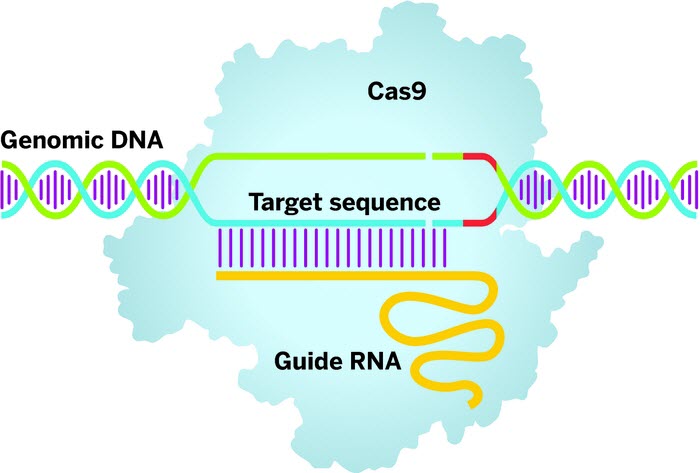
Research has moved online, with more than 80 percent of U.S. students using Wikipedia for research papers, but controversial science information has egregious errors, claim researchers (credit: Pixabay)
Wikipedia entries on politically controversial scientific topics can be unreliable due to “information sabotage,” according to an open-access paper published today in the journal PLOS One.
The authors (Gene E. Likens* and Adam M. Wilson*) analyzed Wikipedia edit histories for three politically controversial scientific topics (acid rain, evolution, and global warming), and four non-controversial scientific topics (the standard model in physics, heliocentrism, general relativity, and continental drift).
“Egregious errors and a distortion of consensus science”
Using nearly a decade of data, the authors teased out daily edit rates, the mean size of edits (words added, deleted, or edited), and the mean number of page views per day. Across the board, politically controversial scientific topics were edited more heavily and viewed more often.
“Wikipedia’s global warming entry sees 2–3 edits a day, with more than 100 words altered, while the standard model in physics has around 10 words changed every few weeks,” Wilson notes. “The high rate of change observed in politically controversial scientific topics makes it difficult for experts to monitor their accuracy and contribute time-consuming corrections.”
While the edit rate of the acid rain article was less than the edit rate of the evolution and global warming articles, it was significantly higher than the non-controversial topics. “In the scientific community, acid rain is not a controversial topic,” said professor Likens. “Its mechanics have been well understood for decades. Yet, despite having ‘semi-protected’ status to prevent anonymous changes, Wikipedia’s acid rain entry receives near-daily edits, some of which result in egregious errors and a distortion of consensus science.”
Wikipedia’s limitations
Likens adds, “As society turns to Wikipedia for answers, students, educators, and citizens should understand its limitations for researching scientific topics that are politically charged. On entries subject to edit-wars, like acid rain, evolution, and global change, one can obtain — within seconds — diametrically different information on the same topic.”
However, the authors note that as Wikipedia matures, there is evidence that the breadth of its scientific content is increasingly based on source material from established scientific journals. They also note that Wikipedia employs algorithms to help identify and correct blatantly malicious edits, such as profanity. But in their view, it remains to be seen how Wikipedia will manage the dynamic, changing content that typifies politically charged science topics.
To help readers critically evaluate Wikipedia content, Likens and Wilson suggest identifying entries that are known to have significant controversy or edit wars. They also recommend quantifying the reputation of individual editors. In the meantime, users are urged to cast a critical eye on Wikipedia source material, which is found at the bottom of each entry.
Wikipedia editors not impressed
In the Wikipedia “User_talk:Jimbo_Wales” page, several Wikipedia editors questioned the PLOS One authors’ statistical accuracy and conclusions, and noted that the data is three years out of date. “I don’t think this dataset can make any claim about controversial subjects at all,” one editor said. “It simply looks at too few articles, and there are too many explanations.”
“It has long been a source of bewilderment to me that we allow climate change denialists to run riot on Wikipedia,” said another.
* Dr. Gene E. Likens is President Emeritus of the Cary Institute of Ecosystem Studies and a Distinguished Research Professor at the University of Connecticut, Storrs. Likens co-discovered acid rain in North America, and counts among his accolades a National Medal of Science, a Tyler Prize, and elected membership in the National Academy of Sciences. Dr. Adam M. Wilson is a geographer at the University of Buffalo.
Abstract of Content Volatility of Scientific Topics in Wikipedia: A Cautionary Tale
Wikipedia has quickly become one of the most frequently accessed encyclopedic references, despite the ease with which content can be changed and the potential for ‘edit wars’ surrounding controversial topics. Little is known about how this potential for controversy affects the accuracy and stability of information on scientific topics, especially those with associated political controversy. Here we present an analysis of the Wikipedia edit histories for seven scientific articles and show that topics we consider politically but not scientifically “controversial” (such as evolution and global warming) experience more frequent edits with more words changed per day than pages we consider “noncontroversial” (such as the standard model in physics or heliocentrism). For example, over the period we analyzed, the global warming page was edited on average (geometric mean ±SD) 1.9±2.7 times resulting in 110.9±10.3 words changed per day, while the standard model in physics was only edited 0.2±1.4 times resulting in 9.4±5.0 words changed per day. The high rate of change observed in these pages makes it difficult for experts to monitor accuracy and contribute time-consuming corrections, to the possible detriment of scientific accuracy. As our society turns to Wikipedia as a primary source of scientific information, it is vital we read it critically and with the understanding that the content is dynamic and vulnerable to vandalism and other shenanigans.




